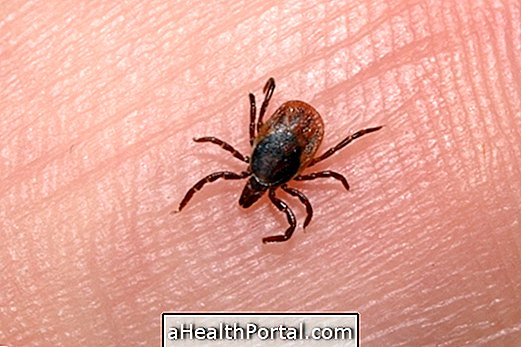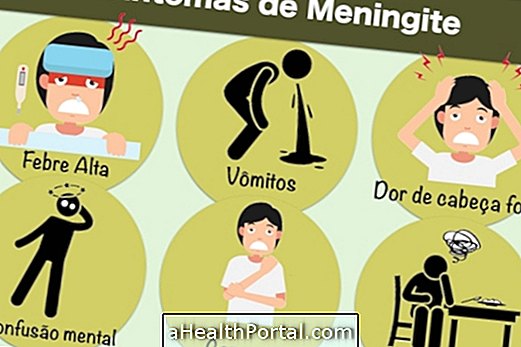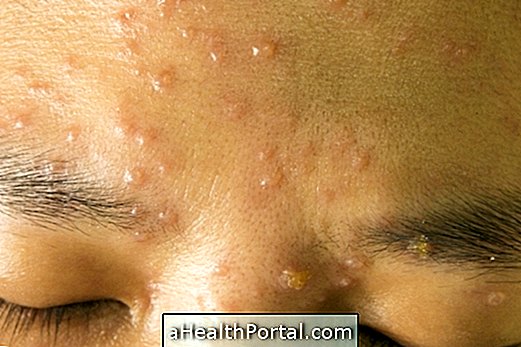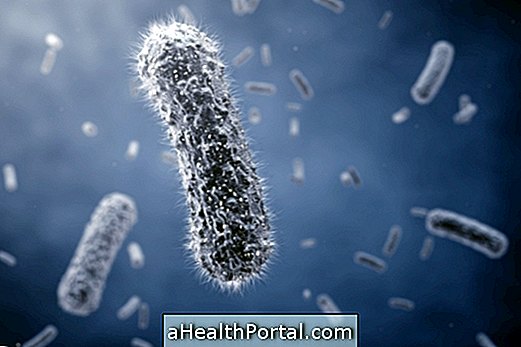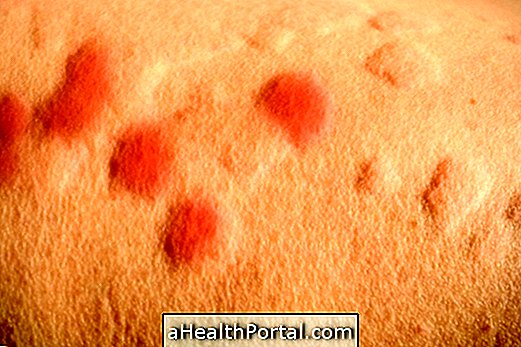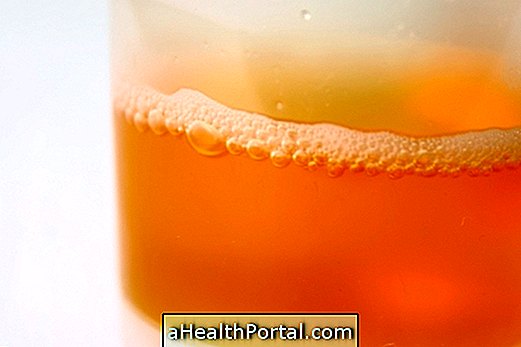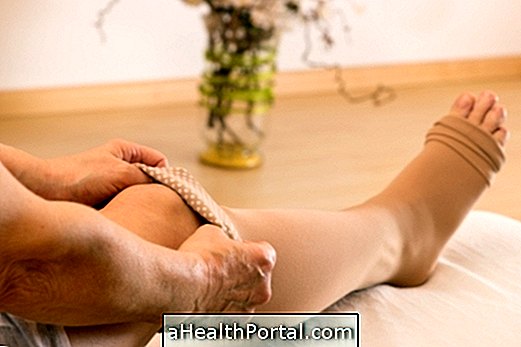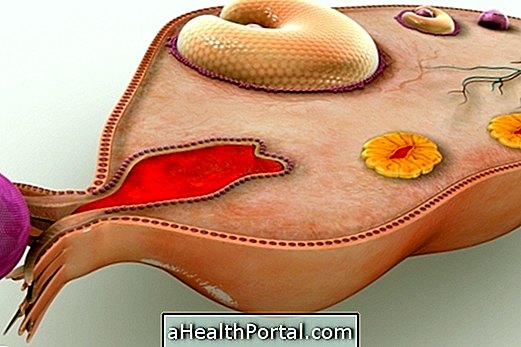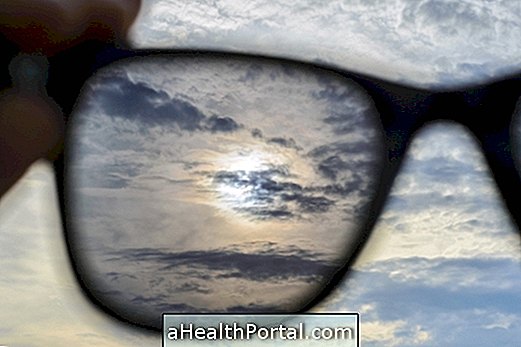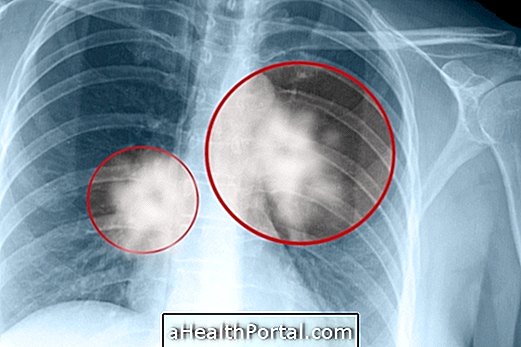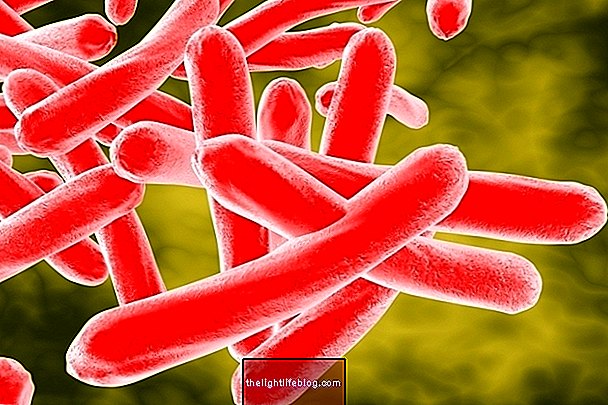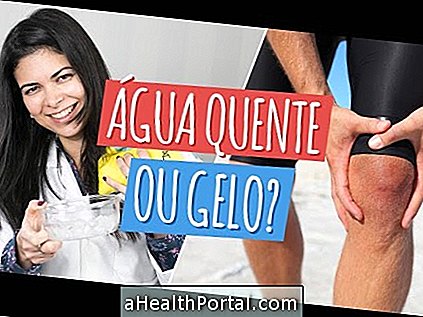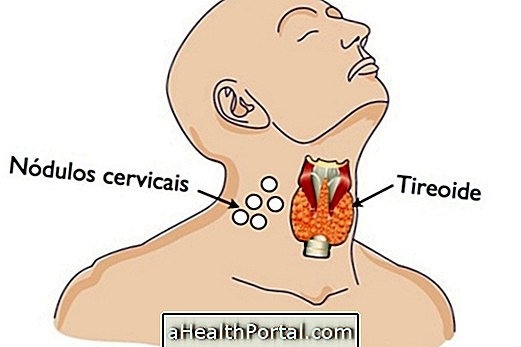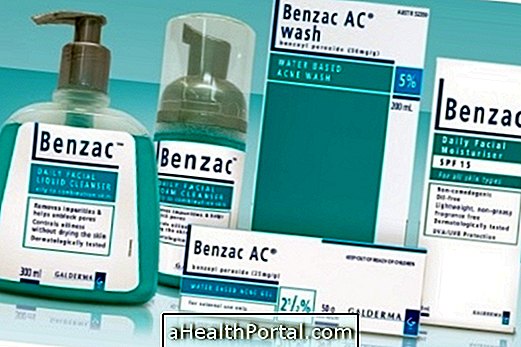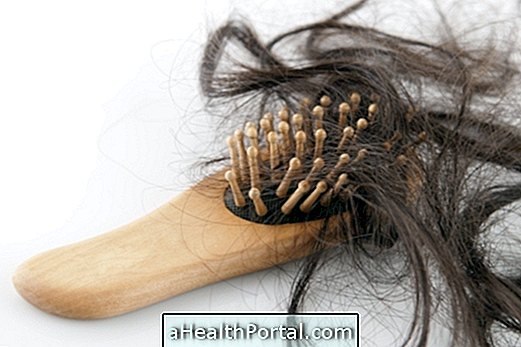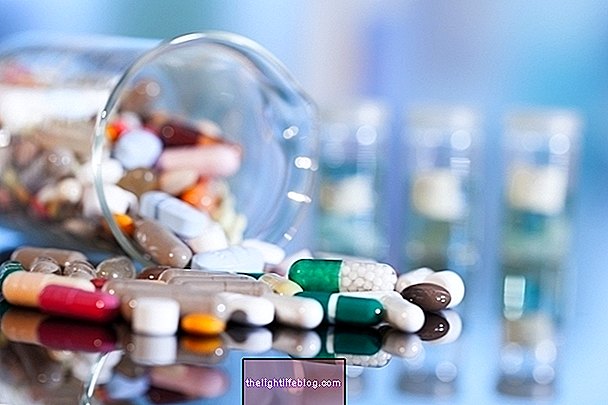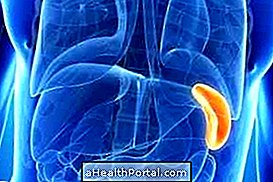Escherichia coli is a group of bacteria that normally inhabit the human intestine and some animals, however, not all E. coli are harmless. Certain types are harmful and cause gastroenteritis with intense diarrhea with mucus, similar to phlegm or blood, or a urinary tract infection.
There are 4 types of E. coli that cause intestinal infections, enterotoxigenic, enteroinvasive, enteropathogenic and enterohemorrhagic E. coli. These types of E. Coli can be identified in a stool examination requested by the doctor, especially in case of children, pregnant women, the elderly or people with weakened immune systems such as those in the treatment of cancer or AIDS, for example.
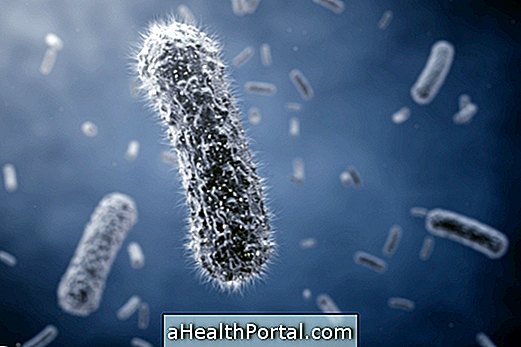
Symptoms of E. coli
The symptoms of infection usually appear 5 to 7 hours after the entry of this bacterium into the digestive system and are:
- Severe diarrhea, with mucus or blood;
- Intense stomach pain;
- Vomiting;
- Low fever up to 38.5ºC.
In some individuals, it can lead to more serious complications, such as a sudden renal impairment, which can cause permanent kidney damage. But in most cases, E. coli causes only mild gastroenteritis that goes by in less than 1 week.
Transmission of E. coli
The transmission of this bacterium occurs through contaminated water or food, or through contact with the feces of the infected person, and is therefore easily transmitted especially among children, at school or at day care.
In the case of the presence of E. coli in the urine, it causes a urinary infection, and it passes from the anus to the vagina, due to its proximity. Some examples of diseases that may be caused by contamination with E. coli are:
- Gastroenteritis, when it affects the intestine;
- Urinary infection when it reaches the urethra or bladder;
- Pyelonephritis, when it affects the kidneys after a urinary tract infection;
- Appendicitis, when it affects the appendix of the intestine;
- Meningitis, when it reaches the nervous system;
- Septcemia, when it spreads through the blood throughout the body.
Urinary tract infection is usually caused by E. coli.
Treatment for E. coli
Treatment includes taking plenty of fluids and oral rehydration salts, and in some cases antibiotics prescribed by your doctor are recommended, such as:
- aminopenicillin; cephalosporins; quinolones;
- streptomycin; nalidixic acid; ampicillin;
- cephalothin; ciprofloxacin; gentamycin; levofloxacin.
Medications that trap the intestine should not be used because they can increase the severity of the disease, since the bacteria are not eliminated through the feces. Another good way to help regulate the bowel is to take a probiotic such as PB8, Simfort, Simcaps, Kefir Real and Floratil, and can be found in pharmacies and nutritional product stores.
About 10% of infected people develop Hemolytic-Uremic Syndrome and Thrombotic Thrombocytopenic Purpura, diseases that cause acute renal failure and thrombosis.
E. coli in pregnancy
Urinary tract infection in pregnancy is common, with E. coli being the main cause of this disease. In this case the bacteria that normally lives in the intestine reaches the urethra where it proliferates causing symptoms such as pain, burning and urgency to urinate. The treatment is always done with antibiotics prescribed by the doctor, being still recommended to ingest a lot of water and cranberry juice to eliminate the bacterium of the urinary routes as fast as possible.
Prevention
Prevention against contamination with E. coli consists of:
- Wash hands after using the toilet;
- Always wash hands before meals;
- Wash hands before and after preparing meals;
- Wash thoroughly the foods that are eaten raw like lettuce and tomato;
- Do not swallow water from the pool, river or beach.
In addition, it is also important to disinfect food that is eaten raw by placing it in a sauce, completely immersed in 1 tablespoon of bleach for each liter of drinking water and let it rest for fifteen minutes before consuming.
